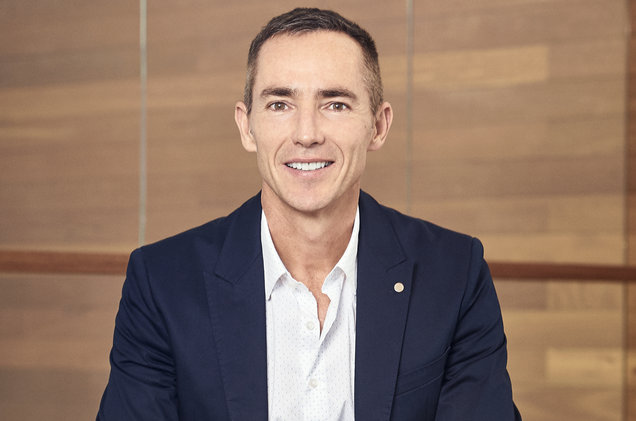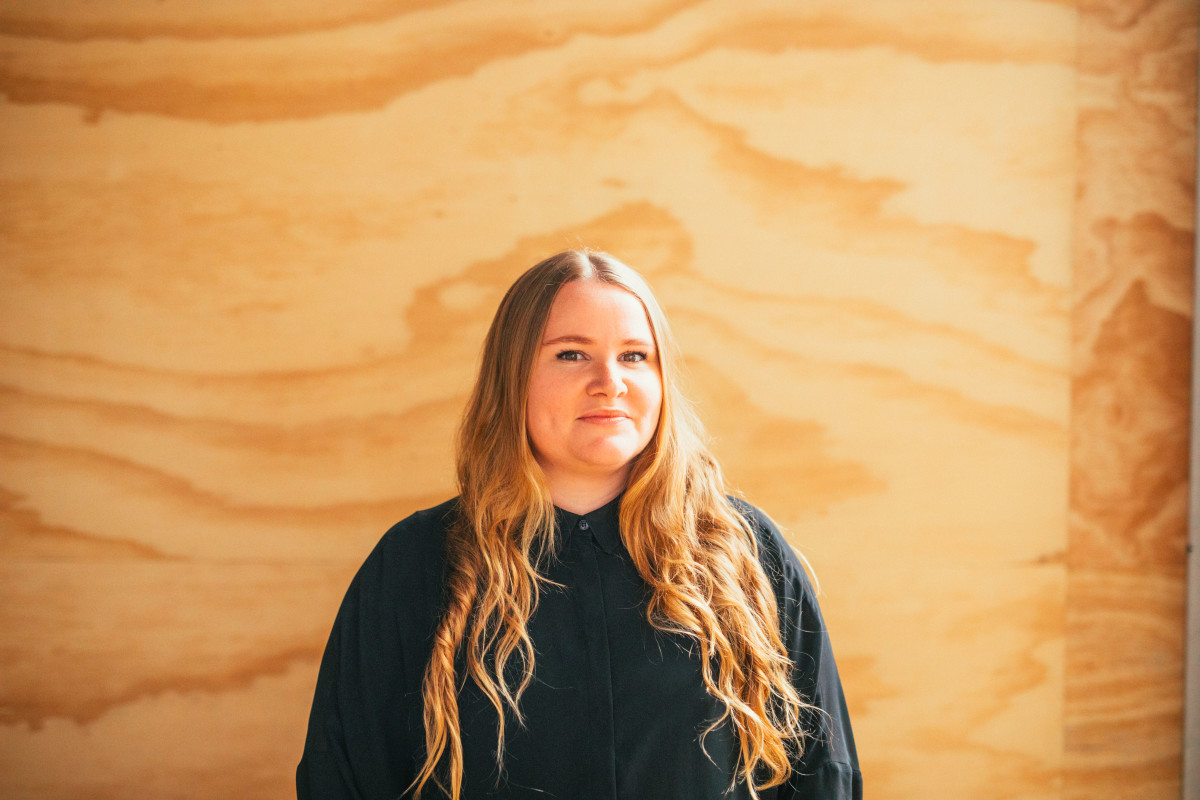Industry responds to NSW music inquiry recommendations: “will be a game-changer once implemented”

The Australian music industry has responded positively to the 60 recommendations made by a NSW legislative council’s committee inquiry into the state’s music and arts economy.
It declares the state in the middle of a “music venue crisis” and covers snipping red tape and unnecessary bureaucratic expenses, and ways to help small and medium venues survive.
Some might be disappointed that the report does not address the axing of the lockout laws although it does acknowledge their “nail in the coffin” impact.
But in essence, the report suggests that the NSW government could do a lot more to bolster the live music sector, and take a few tips from the Victorian blueprint.
It notes the need for at least $35 million over four years to match Victorian funding for contemporary music per capita.
It recommends that peak music association MusicNSW get extra funding for a number of initiatives, including setting up a Music Industry Office, conducting a live music venue census every two years, more all-ages gigs, and to develop and implement, in conjunction with the music industry and Destination NSW, a marketing campaign that encourages people to attend live music gigs and events.
The arts ministry, Create NSW, too has been found to be wanting in terms of supporting contemporary music.
Its recommendations are that a minister of music is employed in addition to a minister for the arts, and that it employ “at least one senior ongoing full-time contemporary music specialist” to consult with industry and administering funding for contemporary music programs.
It specifically suggests getting more input from the Live Music Office and Music NSW with such advice.
The Live Music Office, in particular, comes out glowing in the report, with suggestions that its funding be reinstated “in recognition of its excellent work”, and that the state government contract it for advice “on the range of regulatory issues that this report identifies, in order to assist with their rapid resolution.”
Greater funding is also advocated for music export body Sounds Australia and also to the community radio sector.
It suggests that Create NSW provide more funds for indigenous musicians, and for a Live Music Roundtable in NSW, based on the Victorian model, that includes key government agencies and music industry stakeholders.
Other suggestions cover ways to support small and middle venues, take gaming profits and put them into a venues fund, work with councils to find rehearsal spaces, ensure musicians and industry workers get paid properly, and for the state government to come up with a night time economy masterplan without delay.
Also of interest is that the NSW government investigate options for a cultural hub in inner Sydney that will house the Music Development Office, contemporary music organisations and businesses, rehearsal and performance space, community radio, writing and recording studios and a youth venue.
To view the whole report, click here.
THE MUSIC INDUSTRY REACTS

APRA AMCOS CEO Dean Ormston: “Live music provides metro and regional NSW areas with a competitive economic and social advantage.
“However, the health of the contemporary music ecosystem in NSW has been in decline in recent years.
“Today we welcome the recommendations tabled in this report, which sees music rightfully recognised as key to the state’s economy and social vitality.”
“Live music is also one of the key drivers for the success of Australia’s music industry.
“Not only does it provide musicians and songwriters a platform to be heard, it is also the feeding ground for the next generation of artists and a critical source of revenue for musicians and the industry.”
“This report provides a roadmap for NSW to reclaim the state’s critical role as a true international hub of arts and culture in the region.
“We call on all parties across the parliament to continue the bipartisan work of the committee and implement all sixty recommendations.”
Millie Millgate, executive producer, Sounds Australia: “Whilst we are particularly supportive of Recommendation 10 (that as part of a contemporary music strategy, Create NSW contribute appropriate funding to Sounds Australia to support the export of music from NSW), we are thrilled to see the depth and breadth of the findings, and the considerable recommendations delivered today by the NSW Parliament, as it tabled its report into the music and arts economy.
“Once implemented, the proposed support by the Committee for live music, infrastructure, funding programs and music education will be a game-changer for contemporary music artists and businesses, living and working in NSW.”

Emily Collins, managing director of MusicNSW: “It’s heartening to see our state government acknowledge the incredible talent of our artists, the resilience of our communities and also the impact poor regulation is having on our industry.
“MusicNSW is thrilled with the committee’s recommendations and report and look forward to seeing the Government’s response.”

Jon Bisset, CEO, Community Broadcasting Association of Australia (CBAA): “Over 100 community broadcasting stations across the state deliver vital services to support grassroots NSW and Australian music, from training and mentoring initiatives, to innovative partnerships, live broadcasts, as well as of course, consistently strong airplay.
“Latest figures indicate that 37% of music played on community radio stations each week is Australian, cementing the key role community broadcasters play in fostering and supporting diverse music scenes.
“The CBAA is also excited by the recommendation for $35 million in funding across four years, as well as amendments to liquor licenses, the appointment of a Minister for Music, and funding for organisations like MusicNSW.
“The report is recognition of the massive potential of the contemporary music sector in NSW.”






























